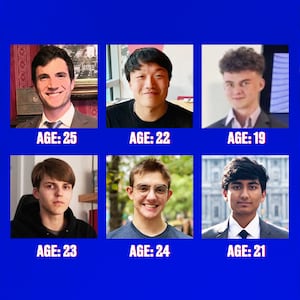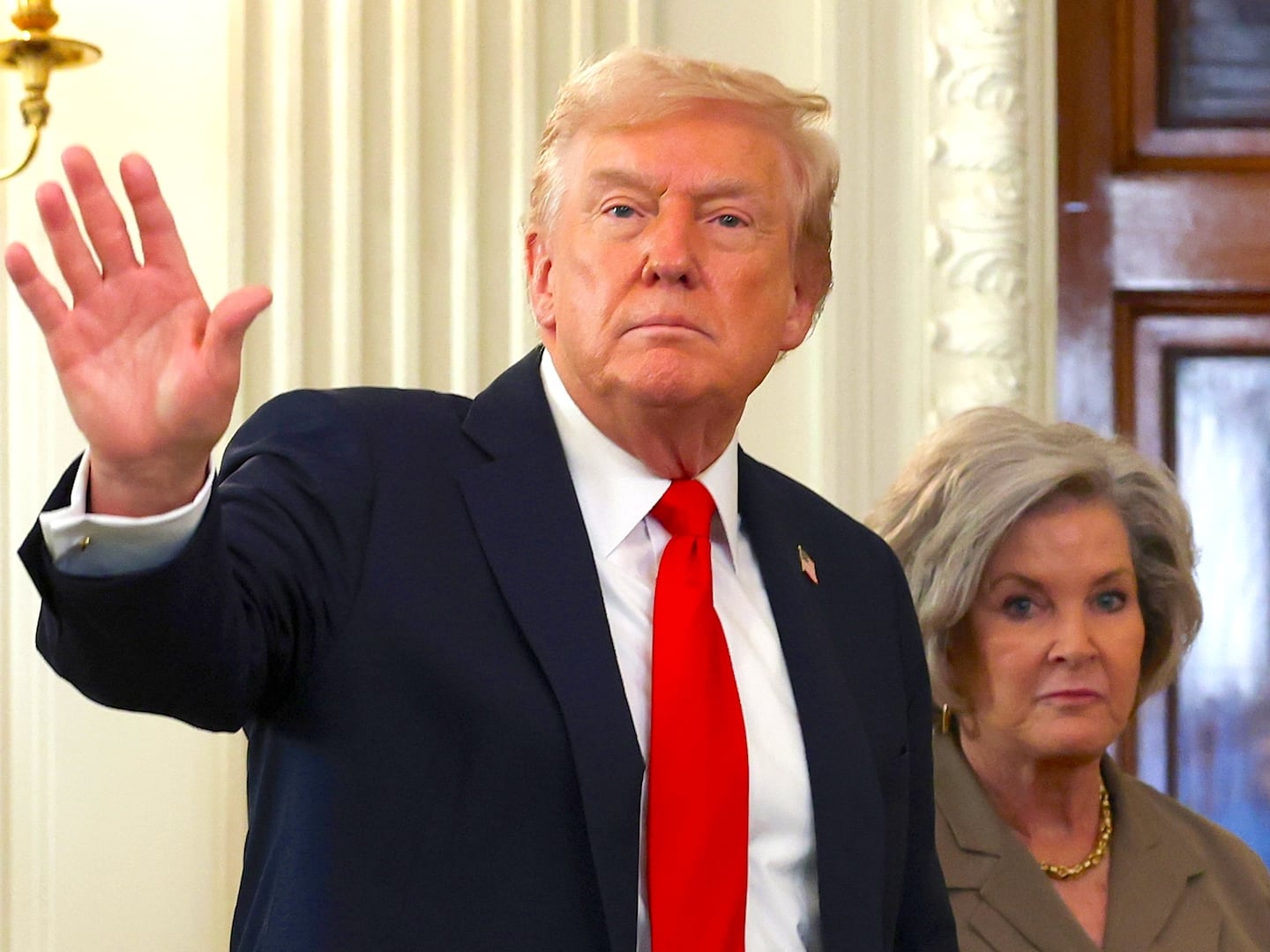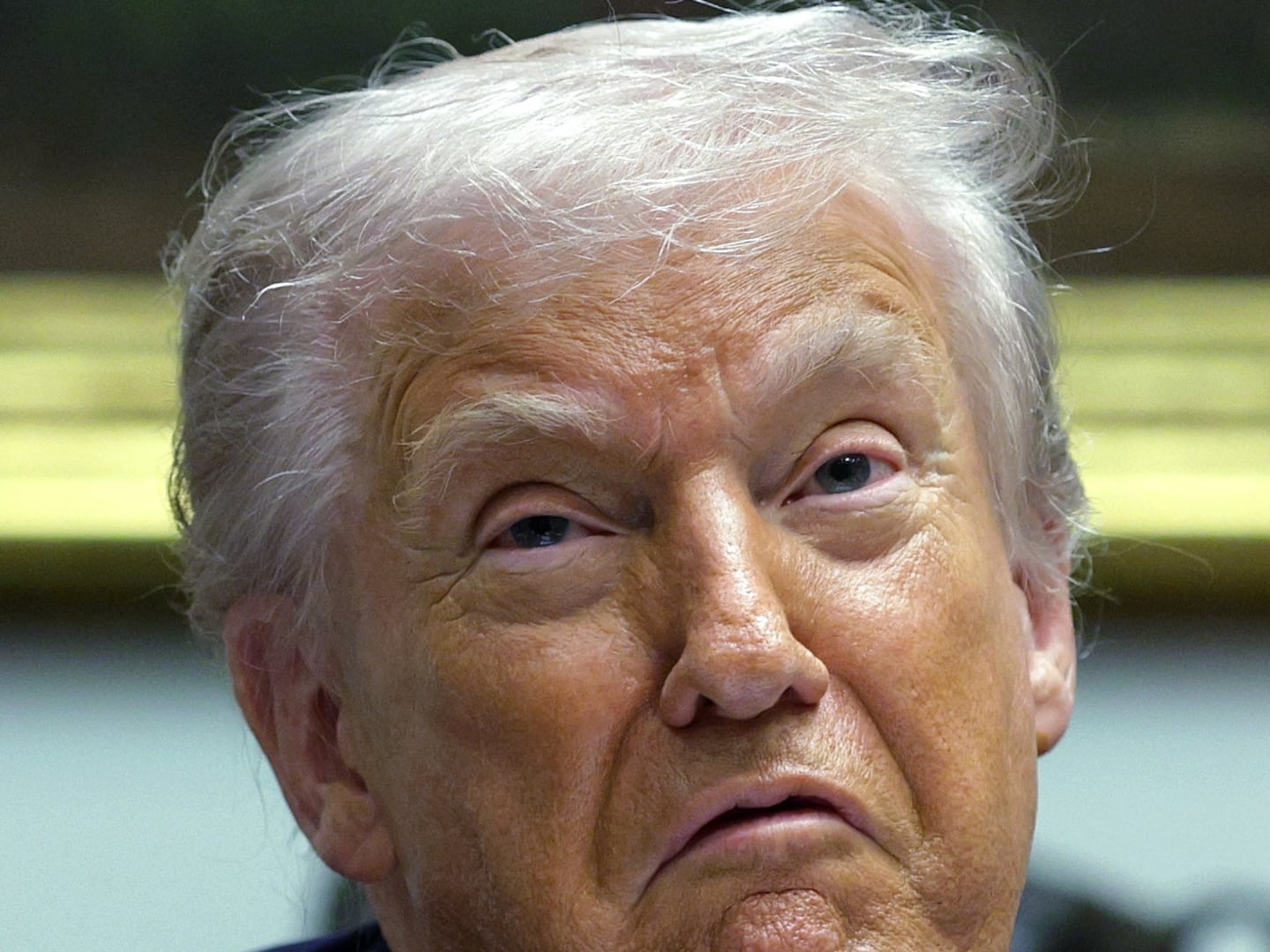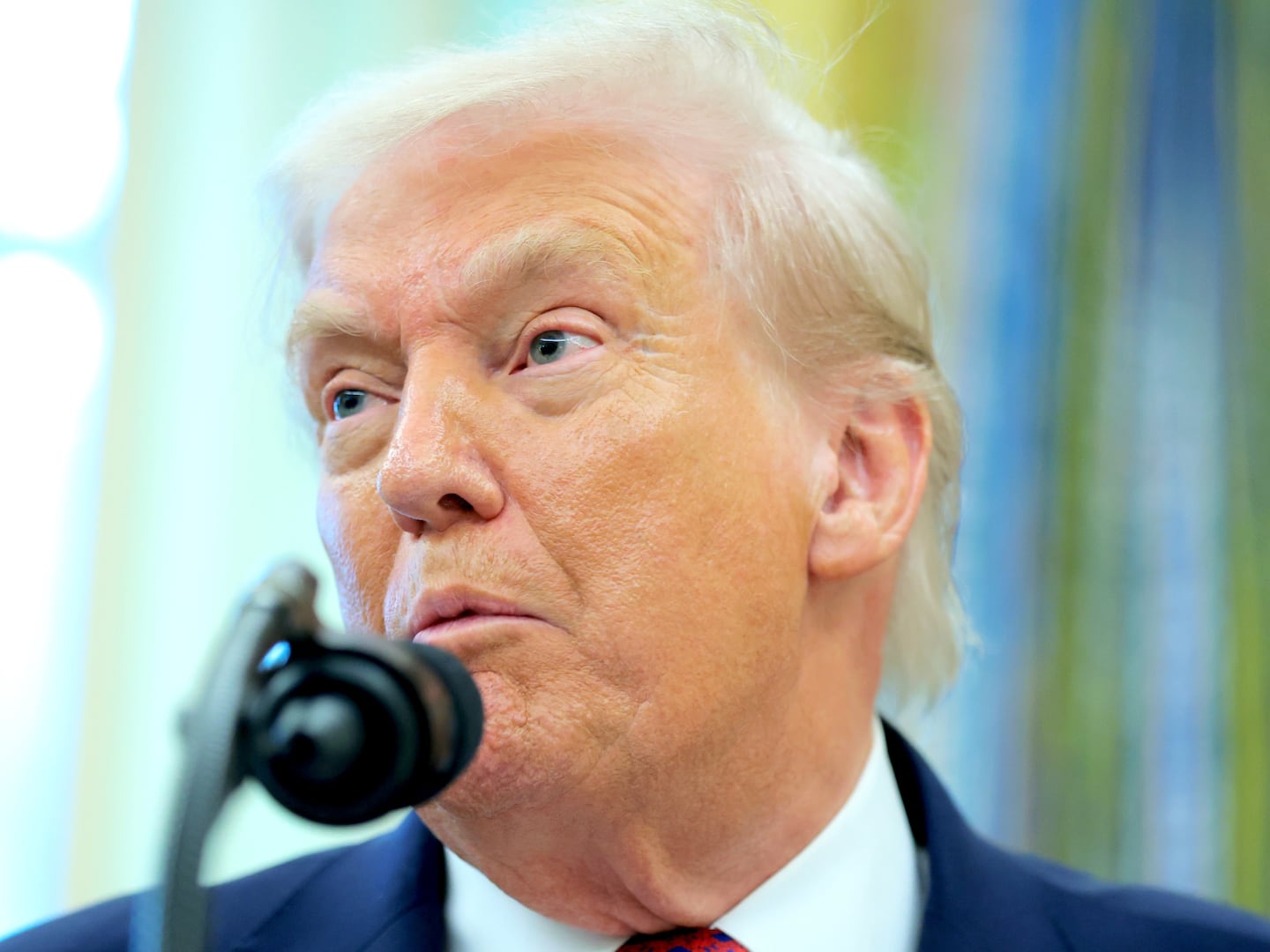Has Elon Musk’s DOGE dream taken the wrong fork in the road?
Two key court decisions on Thursday have thrown a harsh spotlight on the buccaneering billionaire and his flippant attitude toward the law.
They have also cemented the new arena in which the “Deep State” establishment that Musk and President Donald Trump so detest is launching its belated counterattack against the biggest threat to the status quo in generations.
The decision by a Boston judge to block Musk’s grandstanding buyout plan on Thursday came as another district judge in Washington, D.C., limited DOGE’s access to the Treasury Department’s payments system.
The two judges standing in the way of DOGE’s whirlwind cost-cutting programs are both appointees of former President Bill Clinton. It seems the resistance will begin not on the streets, but in the courts.
With Trump’s Republican majority on Capitol Hill, the Democratic Party’s capitulation, and the new president’s lightning beginning to his second term, opponents increasingly see the courtroom as his — and Musk’s — Achilles' heel.
When Musk sent out letters to his new Twitter staff in 2022 telling them it was a “fork in the road” and their hopes of staying with the social media platform under him were XXX’d, his sheer force of personality and the depth of his pockets were enough to seal his ex-employees' fate.
In truth, few have been able to stand in the way of the world’s richest man, who has largely written his own rules.
But there is now a sense among some of the 2.4 million federal workers who rebuffed Musk’s DOGE buyouts that he has bitten off more than he can chew.

As of Thursday morning, 40,000 people had taken the offer to retire on condition they would be paid until the end of September, according to White House Press Secretary Karoline Levitt. That constitutes about 1.7 percent of the federal workforce — way below the 5 to 10 percent that DOGE had envisaged. But with the clock ticking down until the midnight deadline, many more were on tenterhooks, unsure whether to stick or twist.
U.S. District Judge George A. O’Toole’s decision in Boston to freeze the plan at least until next Monday was being celebrated not just because it allowed more time for life-changing decisions, but also because it offered a chink of light that Musk and Trump would not get everything their own way.
“We didn’t know what to do,” said one veteran intelligence agency staffer, whose wife also works for the Department of the Interior and who asked for anonymity for fear of reprisal. “I didn’t trust that it was what it appeared, but we were concerned we could both be fired tomorrow and get nothing. There was literally a button on the emails saying ‘retire,’ and if you pressed it, the whole thing was set in action. This is just four days' grace, but it feels like a victory. At least for now,” he added.
The decision by the judge, a 1995 Clinton appointee, asking for a legal justification for the buyout raises major questions about the sustainability of Musk’s DOGE mission.
In court documents, administration lawyers branded the delay a “last-minute maneuver” and claimed it “would have remarkably disruptive and inequitable repercussions.”

The three unions that challenged the buyouts — the American Federation of Government Employees, the National Association of Government Employees, and the American Federation of State, County, and Municipal Employees, which together represent 800,000 workers — argue in their lawsuit that the offer violates the law because it was made under the threat of layoffs, and the current funding for federal agencies expires in March so there was no guarantee workers would be paid through to September.
“There was no real legal basis behind it,” said an environmental agency lawyer who didn’t want to be named for fear of repercussions. “They just winged it and expected everyone to be grateful for the offer.
“Trump’s executive orders came so quickly — 53 of them — that it’s hard to see how many will be challenged in court, but some of them will likely be. It’s the only place left where they can be stopped,” he added.
In Washington on Thursday, U.S. District Judge Colleen Kollar-Kotelly moved to limit Musk’s government efficiency group from poking around in the Treasury’s payment system, which holds confidential information on millions of taxpayers, employees and companies.
Kollar-Kotelly, who was appointed by Clinton in 1997 and blocked Trump’s 2017 ban on transgender people serving in the military, issued an order barring all but two “special government employees” from accessing the payment records. They have been named as DOGE-linked Tom Krause, chief executive of Cloud Software Group, and engineer Marko Elez, who worked for Musk’s SpaceX and X social media platform.
Musk’s day didn’t get any better when Elez resigned over his alleged links to a now-deleted social media account with posts about racism and eugenics. The account included remarks such as, “Just for the record, I was racist before it was cool,” and “I would not mind at all if Gaza and Israel were both wiped off the face of the Earth,” according to the Wall Street Journal.
The White House has dismissed any notion of illegality or unfairness, saying: “DOGE is fulfilling President Trump’s commitment to making government more accountable, efficient, and, most importantly, restoring proper stewardship of the American taxpayer’s hard-earned dollars.
“Those leading this mission with Elon Musk are doing so in full compliance with federal law, appropriate security clearances, and as employees of the relevant agencies, not as outside advisors or entities.”
After making the ruling, Judge O’Toole’s entry on Wikipedia was hacked with lurid words and symbols.
At least two judges have also issued temporary restraining orders preventing DOGE from freezing government loans and grants. Litigation is likely to continue on that front as well.
They will certainly not be the last to be asked to hold the line against the Trump/Musk assault on the government’s inner sanctum.









